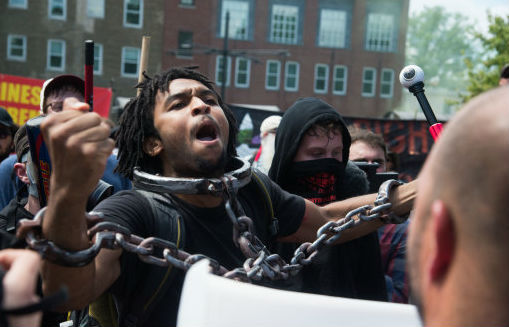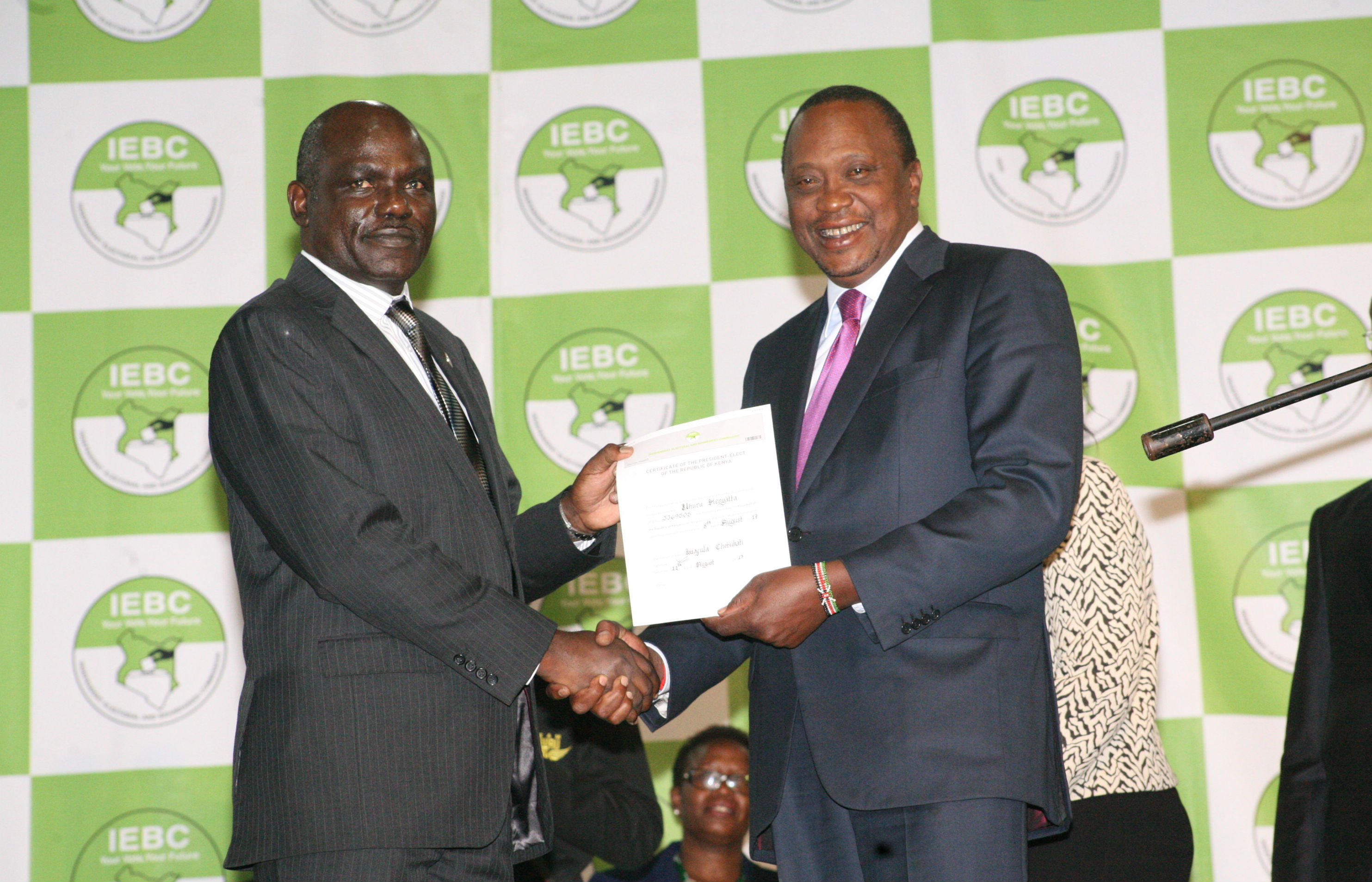Kenyan Catholic bishops have urged President elect Uhuru Kenyatta to move to unite the people as the East African nation finds itself badly divided and tense after the 8 August general election.
Kenyatta, 55 years old, the incumbent President and Jubilee Party leader was declared the winner on Friday (11 August), amidst protests from Raila Odinga, the opposition coalition National Super Alliance (NASA) candidate. Odinga, aged 72, had rejected the vote as fraudulent claiming that the computer system used had awarded millions of extra votes to Kenyatta.
That had sparked off violent protests in opposition strongholds, with scores allegedly being killed in clashes with the police.
But on Monday, the nation remained tense but calm with citizens slowly returning to work, despite Odinga’s call for a general work boycott.
“We appeal to the President elect…to move with speed to heal and unite the country which is seemingly divided after the emotive electioneering period,” said Bishop Philip Anyolo, the chairman of the Kenya Conference of Catholic Bishops’ chairman in a statement on Saturday (12 August). The statement was delivered by John Obala Owaa of Ngong.
Defying international calls to reign in his supporters, Odinga has promised that he will announce the next course of action on Tuesday (15 August). This may mean calling his supporter onto the streets for “peaceful mass action” to force a review of the results. He has ruled out filing a challenge in court, despite appeals to do so.
Nearly a week ago, with the bishops and other religious leaders urging a large turn-out, Kenyans had braved a chilly morning, rains, heat, and long queues to elect a President, senators, governors, legislators, women representative and civic leaders.
The vote is the second under a new progressive constitution that was agreed in 2010. It devolves resources, governance and grants a healthy bill of rights.
“We hope that no community will be blacklisted, isolated or profiled on account of who they supported during the elections or where they came from,” said Anyolo.
The bishops have also urged people to go about their normal business and leave the relevant institutions to handle the disputes related to the elections.
“We your bishops are available to walk with you as your shepherds and assure you of our prayers and support all times,” said the statement.
But the tensions and the violence are a familiar ground for the former British colony, which has appeared to jump into post–election violence crisis after each election.
The latest happening have rekindled memories of the period, 27 December, 2007 to 28 February, 2008, when post-election violence left more than 1000 people dead and over 600,000 displaced from their homes. That violence ignited after former President Mwai Kibaki was declared the winner and Odinga said the vote had been stolen. In 2013, some reports suggest 300 other were killed in violent protests.
This year, the figures of those who have died so far remain disputed, but government funded Kenya National Human Rights Commission (KHRC) put the figure at 24 deaths. The opposition has said the police has shot dead over 100 in opposition strongholds of Nairobi, Kisumu, Homa Bay and Migori.
Recently, Kenyan bishop warned that the elections bring out the worst of Kenyans. On August 12, they urged politicians to be sensitive, guard on the choice of words and seek way of communication that promotes unity, peace and reconciliation.
With the police coming into the spotlight over killings, the bishop urged security agencies to exercise restraint and guard against the use of excessive force when quelling the protests.
“We have received disturbing reports of loss of live and destruction of property in some parts of the country. We emphasise that no life should be lost because of an election,” said Anyolo.
At an advanced age, Odinga is celebrated as a reformer by his supporters, while those who oppose him see the politician as a rubble rouser.
Meanwhile, the election ends one of Kenya’s historical competition for power, according to analysts.
President Jomo Kenyatta – Kenya’s founding father of the nation and Jaramogi Odinga (Raila Odinga's father) - fought for Kenya’s leadership with Kenyatta detaining Odinga. That competition of the families is being relived as the sons fight to lead Kenya.
PICTURE: Kenyan President Uhuru Kenyatta (Right) receives the certificate as the winner of presidential elections from Independent Electoral and Boundaries Commission (IEBC) Chairman Wafula Chebukati (Left) in Nairobi, Kenya, on 11 August, 2017



 Loading ...
Loading ...